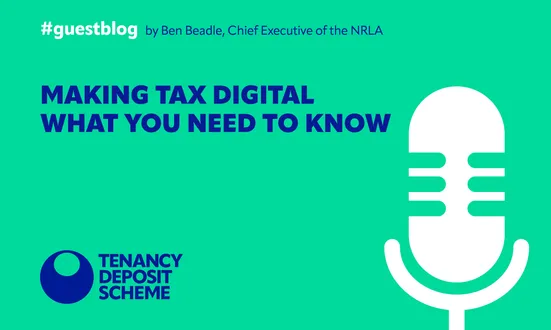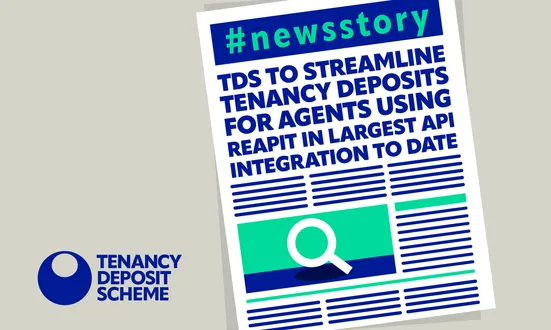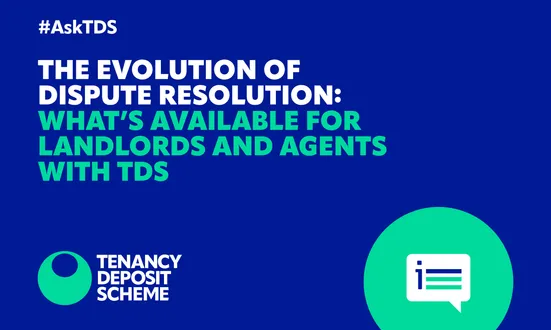Good landlords are paying the price for the rogues giving the sector a bad name. Following the publication of new data highlighting the postcode lottery when it comes to enforcement work James Kent, James Kent, NRLA’s Chief Innovation Officer and founder of property compliance platform Safe2 examines what needs to change.
Rogue or criminal landlords have long been the scourge of the private rented sector (PRS), with the actions of the few having a lasting impact on the vast compliant landlord majority.
Here at the NRLA, we have worked tirelessly to improve the reputation of the PRS; highlighting good practice – and for the need for targeted and effective enforcement work to drive the criminals out of the sector.
However, following an extensive research project, it seems there is still a huge disparity when it comes to the work being done on the ground, dependent on where your properties are.
We submitted freedom of information requests to each of the 295 local authorities in England with responsibility for housing, to find out more about how they were maintaining standards in the PRS, focussing on the period between 2021-23.
The headlines are stark, showing:
- £7 million worth of fines issued to landlords are still outstanding
- Almost half of local authorities (49 per cent) did not issue ANY civil penalties
- Of those that did 69 per cent had issued just five or fewer
- 60% of all civil penalties were issued by a core of 20 local authorities.
The work also showed a number of councils simply didn’t record the information we asked for in a meaningful way, making it impossible to assess whether their approach is working.
How does the civil penalty system work?
At present local authorities can issue civil penalties of up to £30,000 for a range of offences committed by rogue landlords, with the cash raised to be pumped into funding further enforcement work, the theory being this cleans up the sector over time.
According to the data collected by the NRLA between 2021-23 a total of £13million of civil penalties were issued by councils. Yet of this cash – which could be used to track down and prosecute the rogues – just £6 million has been collected; less than 50%.
Time and again we hear that local authority budgets are stretched to breaking point; which makes it all the more bizarre that £7 million worth of fines have gone uncollected.
Local enforcement work is also funded, in part by, sometimes controversial and often expensive licensing schemes, which see landlords pay a set fee for a licence to demonstrate compliance.
However, what we are seeing in practice, is that good landlords are paying sometimes astronomical licence fees to meet the demands of their local scheme, while the criminals out there fly under the radar, running dangerous or overcrowded properties and failing to become licensed – with no comeback from the authorities.
They, and we, are rightly frustrated by that – and what local authorities need to do now is grasp the nettle and get serious about enforcing the (almost) 170 different rules and regulations affecting the PRS and holding landlords accountable for their actions.
Good landlords are compliant landlords, which is why Safe2 joined the NRLA fold last year, to help members meet obligations when it comes to safety certification and inspections. The number of you turning to us to meet compliance needs is testament to how seriously the vast majority of landlords take their responsibilities to their tenants.
Good landlords have nothing to fear
We have long argued that, rather than introducing more red tape and hoops for compliant landlords to jump through the Government should instead focus on encouraging councils to effectively use the considerable powers they already have.
Let me be clear, good landlords with compliant properties have nothing to fear from robust enforcement work at local authority level. However, the stories we have all seen in the newspapers and on our TV screens show that, sadly, more needs to be done if we are to drive criminal landlords out of the sector.
What needs to happen?
With this in mind, we at the NRLA are calling for a number of simple changes which we believe can make a difference. We want to see:
- the creation of a new national Chief Environmental Health Officer role, to lead the charge for improved enforcement against rogue and criminal landlords.
- The introduction of ring-fenced funding for recruitment and training to boost capacity in council enforcement teams and
- Better support when it comes to sharing of best practice between councils.
More information
- The NRLA’s full report on enforcement can be accessed here.
- NRLA compliance arm Safe2 provides of all forms of property safety certification, offering landlords a single service to ensure gas, electrical safety and energy performance certificates are up to date, including renewal reminders making it easier than ever to stay compliant. For more information click here.
Exclusive savings for TDS and NRLA customers
Register your deposits with The Tenancy Deposit Scheme and become an NRLA member to SAVE 33% on TDS Insured and enjoy £15 OFF NRLA membership. Click here to join today.

The views expressed in this content are solely those of the author alone and do not necessarily represent the views of TDS, its officers, or employees. To read more on TDS views, visit our Policies & Procedures webpage.
Other news stories


